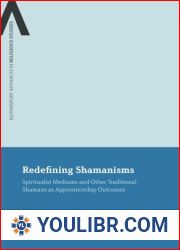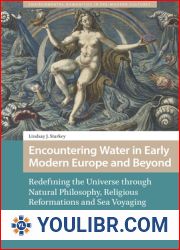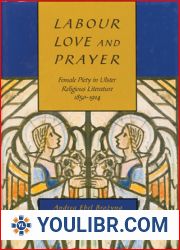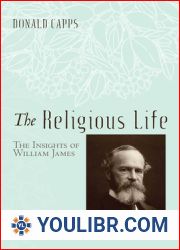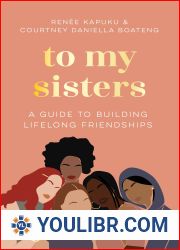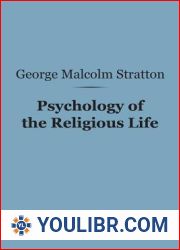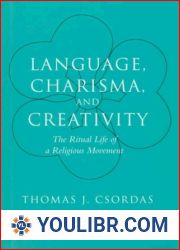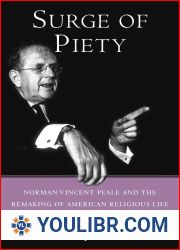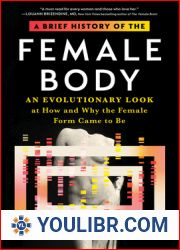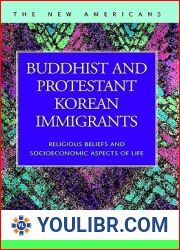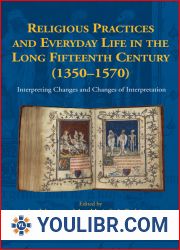
BOOKS - Redefining Female Religious Life: French Ursulines and English Ladies in Seve...

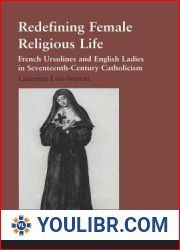
US $7.64

40345

40345
Redefining Female Religious Life: French Ursulines and English Ladies in Seventeenth-Century Catholicism (Catholic Christendom, 1300-1700)
Author: Laurence Lux-Sterritt
Year: February 20, 2006
Format: PDF
File size: PDF 42 MB
Language: English
Year: February 20, 2006
Format: PDF
File size: PDF 42 MB
Language: English
This short study offers a contribution to the flourishing debate on post-Reformation female piety. In an effort to avoid excessive polarization condemning conventual life as restrictive or hailing it as a privileged path towards spiritual perfection, it analyses the reasons which led early-modern women to found new congregations with active vocations. Were these novel communities born out of their founders' rejection of the conventual model? Through the comparative analysis of two congregations which became, in seventeenth-century France and England, the embodiment of women's efforts to become actively involved in the Catholic Reformation, this book offers a nuanced interpretation of female religious life and particularly of the relationship between cloistered tradition and aposotolic vocations. Despite the differences in their national political and religious backgrounds, both the French Ursulines and the Institute of English Ladies shared the same aim to revitalise the links between the Catholic faith and the people, reaching out of the cloister and into the world by educating girls who would later become wives and mothers. This study suggests that these pioneering Catholic women, though in breach of Tridentine decrees, did not turn their backs on contemplative although both the French Ursulines and the English Ladies undertook work which had hitherto been the preserve religious men, they were motivated by their desire to help the Church rather than by a wish to liberate women from what eighteenth-century writers later perceived as the shackles of conventual obedience. It is argued that the founders of new, uncloistered congregations were embracing vocations which they construed as personals sacrifices; they followed the arduous path 'mixed life' in an act of self-abnegation and chose apostolic work as their early-modern reinterpretation of medieval asceticism.








